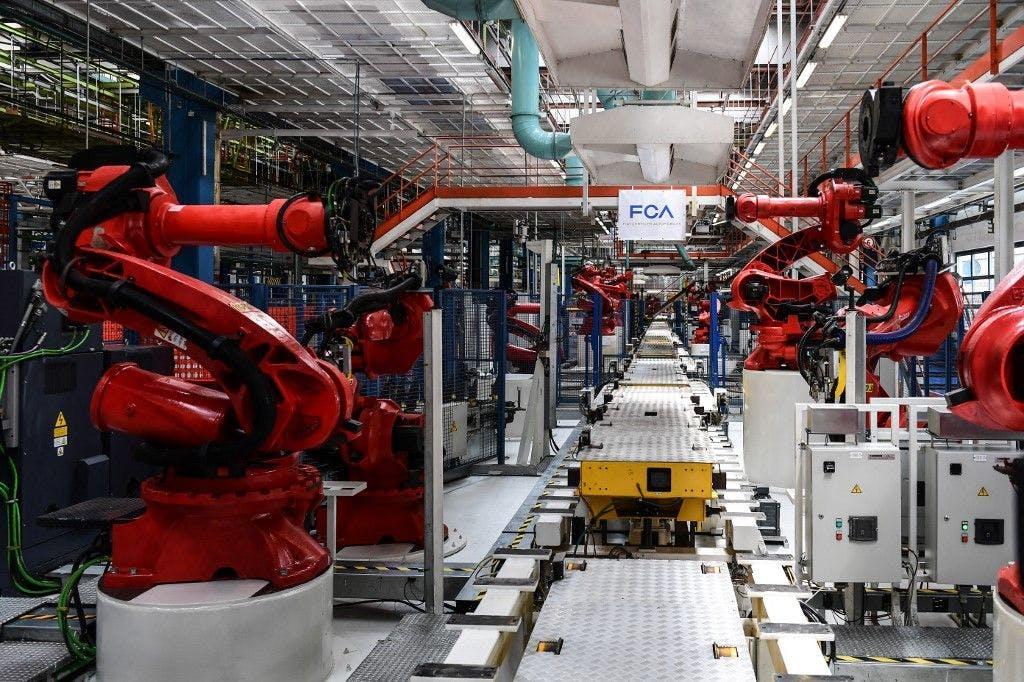
France has always been at the forefront of industrial policy.For a long time, it was even an object of derision in Europe: what meaning could there be to put the state in the order posts when it comes to choosing the markets, the technologies, the sectors in which to invest?Isn't the state both less competent than market players, subject to control by national champions and possibly suspected to waste taxpayer money?Industrial policy, for European partners in France, must correct market failures while respecting competition rules, international exchanges to be settled by the World Trade Organization (WTO).Conversely, France has long pleaded for industrial independence, technological autonomy, the promotion of European champions.It has tried to promote an industry design as a development tool and power attribute, and advocated to do this the integration of commercial policies, competition and innovation.
However, the COVVI-19 crisis coming after other alerts (attacks of September 11, 2001, Asian tsunamis at the end of 2004, crisis in rare earths, etc.) seemed to change the situation.Reindustrialisation has ceased to be a national antiphon to become a theme formally shared in Europe.Industrial sovereignty, an objective long promoted by the national elites, seemed to mutate in European strategic autonomy, the national effort finding its place in a larger company.The rocking has taken place when Germany discovered its own weaknesses vis-à-vis China and agreed to enter a strategic dialogue with France (Altmaier-le Maire declaration, February 19, 2019).
As soon as formulated, this proposal raises two objections.There is a specific history of French industrial dropout, which led to the most important decline in Europe.The European Union (EU) remains overall efficient in industrial matters if we judge by market share, patents, specializations.It was France that won in particular because it did not draw the macroeconomic consequences from its passage to the Euro.France succeeds less well than the countries of southern Europe whose cost competitiveness is better than its own, less well than the countries of central and eastern Europe (Peco) which, with their strengths in human capital andtheir proximity to Germany, have a strategy of emerging countries. La France est également en retrait par rapport à l'Allemagne et aux pays nordiques qui, grâce à leurs efforts de recherche et développement (R&D) et de montée en gamme, ont amélioré leur compétitivité hors coût.

France has therefore been deindocated, it has lost market share in exports from the euro zone, and its products have become less competitive than those of its main competitors.The example of the automobile illustrates this specific dropout from France, made of factories, relocations in Eastern Europe and North Africa, unlike Germany, which has managed to master its channelof value, keep its domestic production while exporting and setting up in China.We could therefore have expected that France corrects its weakness of competitiveness, adapts its macroeconomic policy, engages in structural reforms so deferred and is resolutely part of an innovation strategy.However, it is globalization, the relocations and the obvious manufacturer that were immediately denounced.
In addition, despite a long history of European failures in terms of industrial policy, French leaders, the President of the Republic Emmanuel Macron in mind, believe that it is at European level that you have to think about renewal.France will therefore actively engage in a strategy that has three components:
France does not choose a reindustrialisation by relocations as its manifest speech could suggest.She chooses a resilience strategy based on three guidelines: diversification of supply sources to challenge the Chinese power that has become a workshop in the world, development of stocks and capacities on national soil to avoid shortages that can paralyze the health system and moregenerally the industries with tense flows, location of new units based on the successes of its innovation policy.







